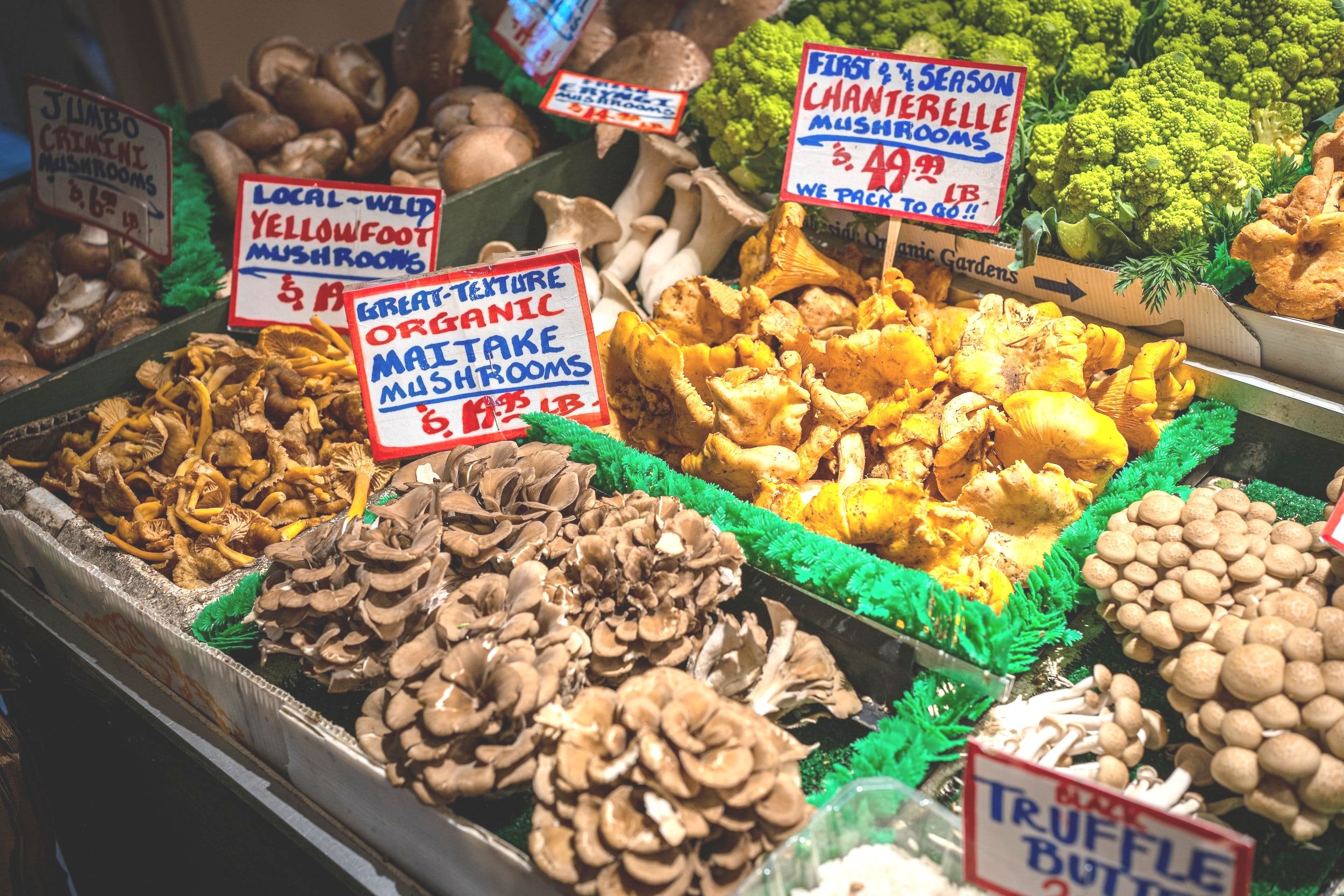
Our Mission:
To create delicious and healthy functional mushroom products made locally, with communites in mind. We strive to be a dynamic example of how mushrooms can heal, teach, and strengthen the bonds we have to each other, our communities, and the planet.
Our Vision:
By Chicago, For Chicago (and Beyond)
With the success of Midwest Mycelium consumer products, our vision is to establish a network of small, mushroom-growing facilities permanently located in multiple city neighborhoods where food insecurity, healthcare inequities and joblessness prevail. These vertically-integrated indoor mushroom farms will produce fresh gourmet mushrooms and prepared functional mushroom products, not only for the general public, but also to meet the specific needs of each community itself. Indoor farms will bring jobs, educational programs, fresh produce and natural medicine into the neighborhoods they serve.
Just like unseen fungal networks strengthen the root systems of our forests, our mushroom grow-facilities will act as a dynamic network providing resources, connections and empowerment for our most underrepresented communities.

How Mushrooms Can Empower Communities
JOBS/MENTORSHIP:
There are many aspects to mushroom production, creating jobs in cultivation, processing, product development, marketing, distribution, sales, and teaching.
HEALTH:
As food, mushrooms are nutritionally-dense. Eaten fresh, they are a healthy addition to any diet. As medicine, functional mushrooms are shown to help improve many chronic health conditions. Potent in boosting immunity, alleviating stress, increasing energy, reducing cancer-risk and even mitigating the side-effects of chemotherapy, mushrooms can be a valuable addition to standard medical care and should made available to all.
EDUCATION:
Mushrooms are a strong metaphor for the power of community. Educational, mushroom “pop-ups” can be created in local schools or community centers where kids and adults can participate in growing mushrooms over a short span of time. Seeing mushroom grow-bags hanging in unexpected settings can help get “the mushroom conversation” started among all community members.
ENVIRONMENTALISM:
Partnering with local schools to develop “mushroom content” for science curriculums is a way to teach students eco-awareness and engage them with the mushroom farm in their own neighborhood. Spent mushroom substrate (the by-product of mushroom farming) can be composted and turned into high-quality fertilizer for local urban gardens and nearby farms. Field trips to these farms can be eye-opening for urban youth who rarely get a chance to see where their food comes from.

